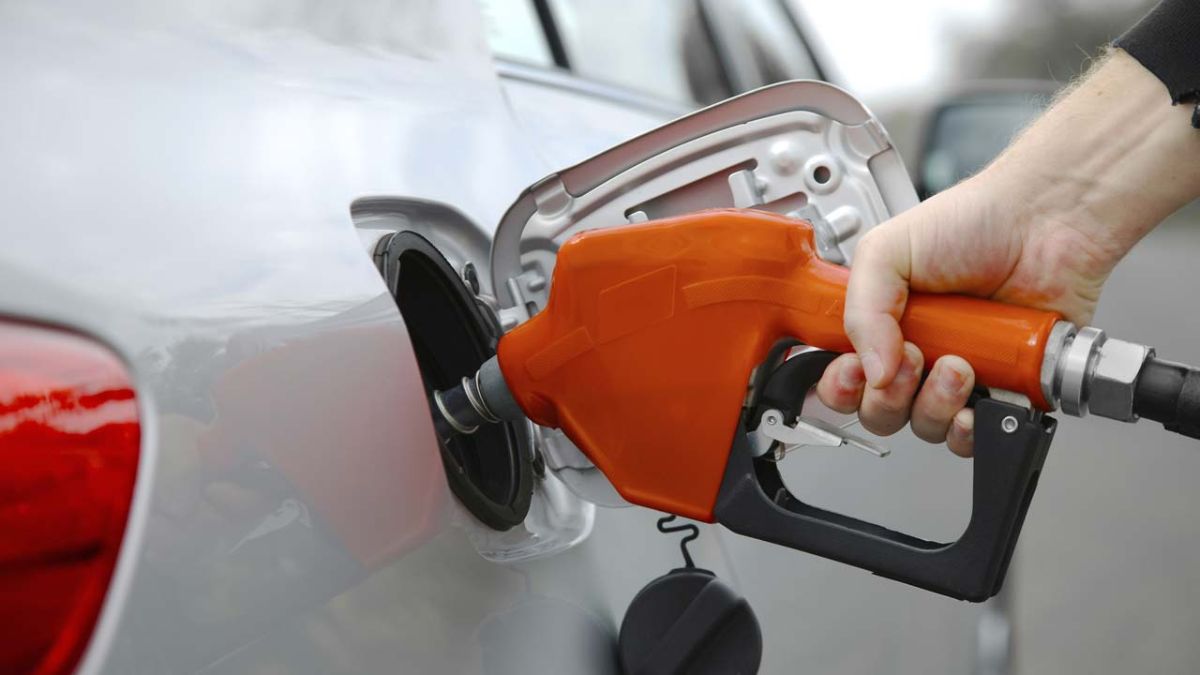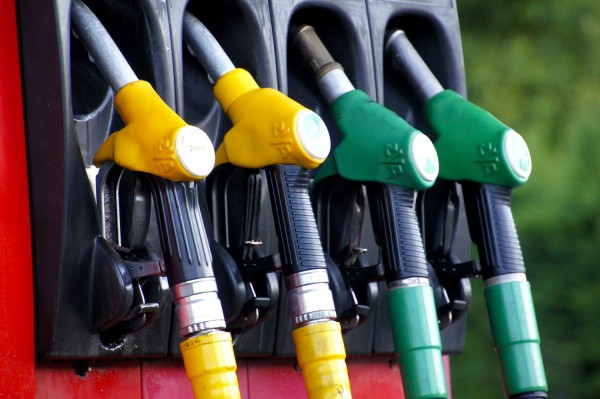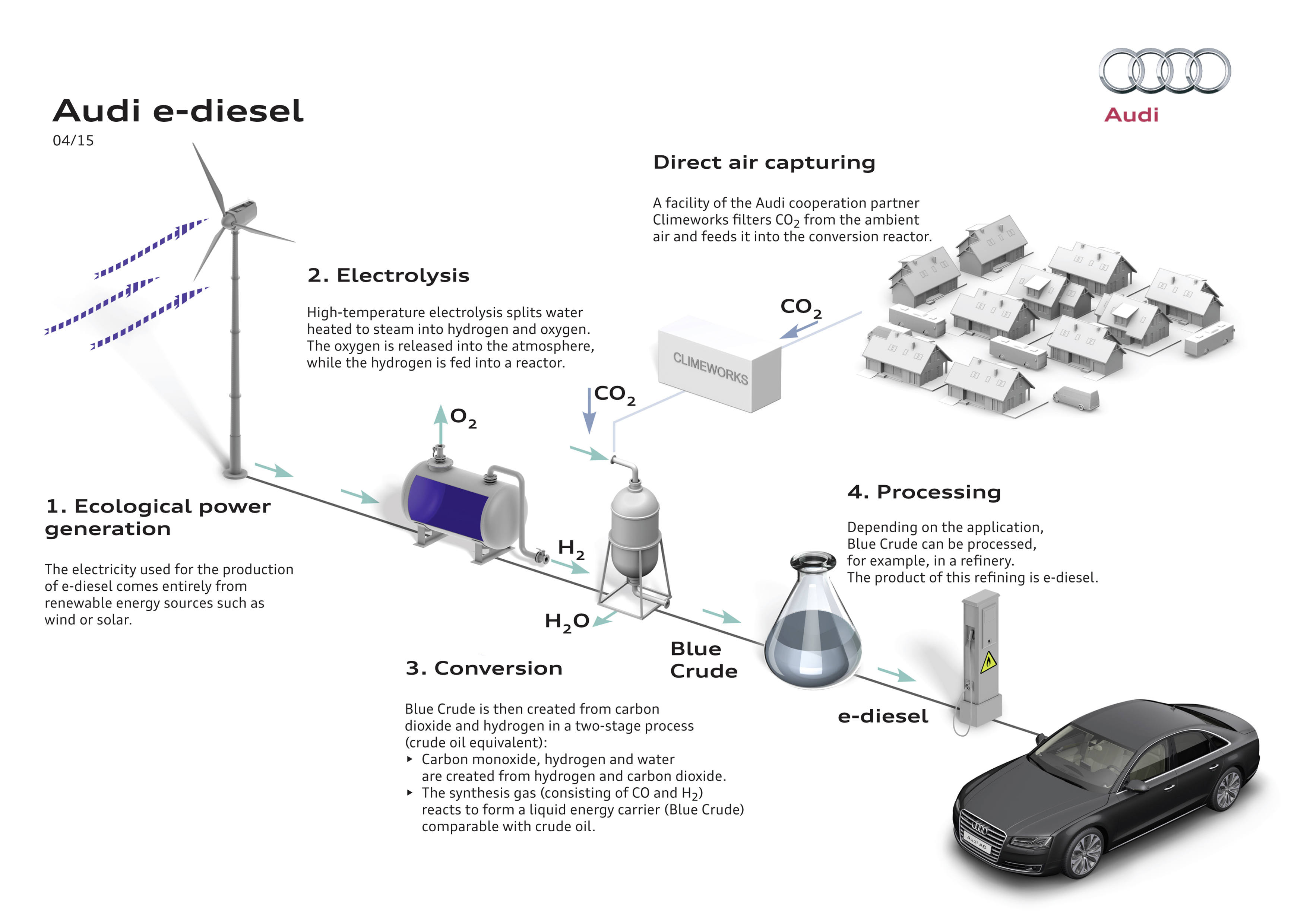
According to the reports, Boeing just completed th...
news-extra-space

 Image credit- Tech Times[/caption]
Fuels of the Future These fuels of the future have an incredibly high energy density, which makes storage and transportation simple.
These solar fuels stand out from their fossil fuel equivalents thanks to their exceptional capacity to produce net zero carbon emissions. They provide a totally sustainable and renewable solution because they rely on the sun's limitless energy.
Furthermore, this technology does not infringe on agricultural areas used for food production, unlike most bioethanol production methods.
The researchers confidently think that their invention, fittingly dubbed "artificial leaves," represents a significant turning point in the move away from a fossil fuel-dominated economy, even though this technology is presently restricted to the lab.
Since it gets its energy from plants rather than from limited fossil fuel reserves, bioethanol has long been praised as a cleaner substitute for gasoline. The majority of cars and trucks currently on the road use E10 fuel, which is gasoline combined with up to 10% ethanol.
[caption id="" align="aligncenter" width="3508"]
Image credit- Tech Times[/caption]
Fuels of the Future These fuels of the future have an incredibly high energy density, which makes storage and transportation simple.
These solar fuels stand out from their fossil fuel equivalents thanks to their exceptional capacity to produce net zero carbon emissions. They provide a totally sustainable and renewable solution because they rely on the sun's limitless energy.
Furthermore, this technology does not infringe on agricultural areas used for food production, unlike most bioethanol production methods.
The researchers confidently think that their invention, fittingly dubbed "artificial leaves," represents a significant turning point in the move away from a fossil fuel-dominated economy, even though this technology is presently restricted to the lab.
Since it gets its energy from plants rather than from limited fossil fuel reserves, bioethanol has long been praised as a cleaner substitute for gasoline. The majority of cars and trucks currently on the road use E10 fuel, which is gasoline combined with up to 10% ethanol.
[caption id="" align="aligncenter" width="3508"] Image credit- Time[/caption]
According to the US Department of Agriculture, the US is currently the world's top producer of bioethanol, using around 45% of its corn crop for ethanol production.
In order to address the issues surrounding biofuels, Professor Erwin Reisner and his group from the Yusuf Hamied Department of Chemistry have created a sustainable, carbon-free solution that is modeled after photosynthesis.
Also read: Texas Republicans Introduce Bills to Restrict Renewable Energy and Boost Fossil Fuels
The researchers developed a more effective technique that enabled the direct production of clean ethanol and propanol without the requirement for syngas as an intermediary step, whereas earlier versions of fake leaves generated fundamental compounds like syngas.
A complex multicarbon alcohol like ethanol and n-propanol could be produced by the artificial leaf thanks to the optimization of a copper and palladium-based catalyst.
Image credit- Time[/caption]
According to the US Department of Agriculture, the US is currently the world's top producer of bioethanol, using around 45% of its corn crop for ethanol production.
In order to address the issues surrounding biofuels, Professor Erwin Reisner and his group from the Yusuf Hamied Department of Chemistry have created a sustainable, carbon-free solution that is modeled after photosynthesis.
Also read: Texas Republicans Introduce Bills to Restrict Renewable Energy and Boost Fossil Fuels
The researchers developed a more effective technique that enabled the direct production of clean ethanol and propanol without the requirement for syngas as an intermediary step, whereas earlier versions of fake leaves generated fundamental compounds like syngas.
A complex multicarbon alcohol like ethanol and n-propanol could be produced by the artificial leaf thanks to the optimization of a copper and palladium-based catalyst.
Leave a Reply






